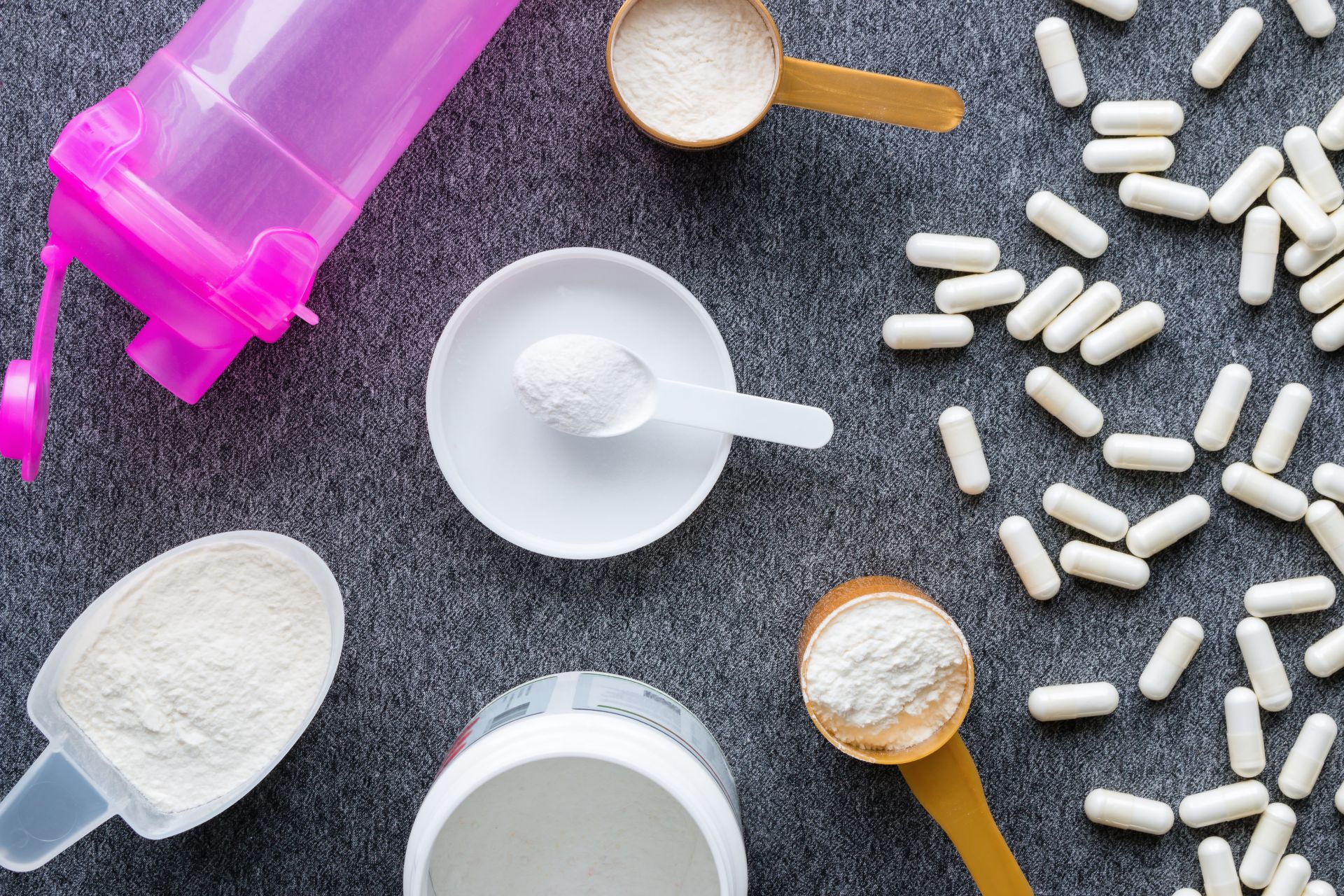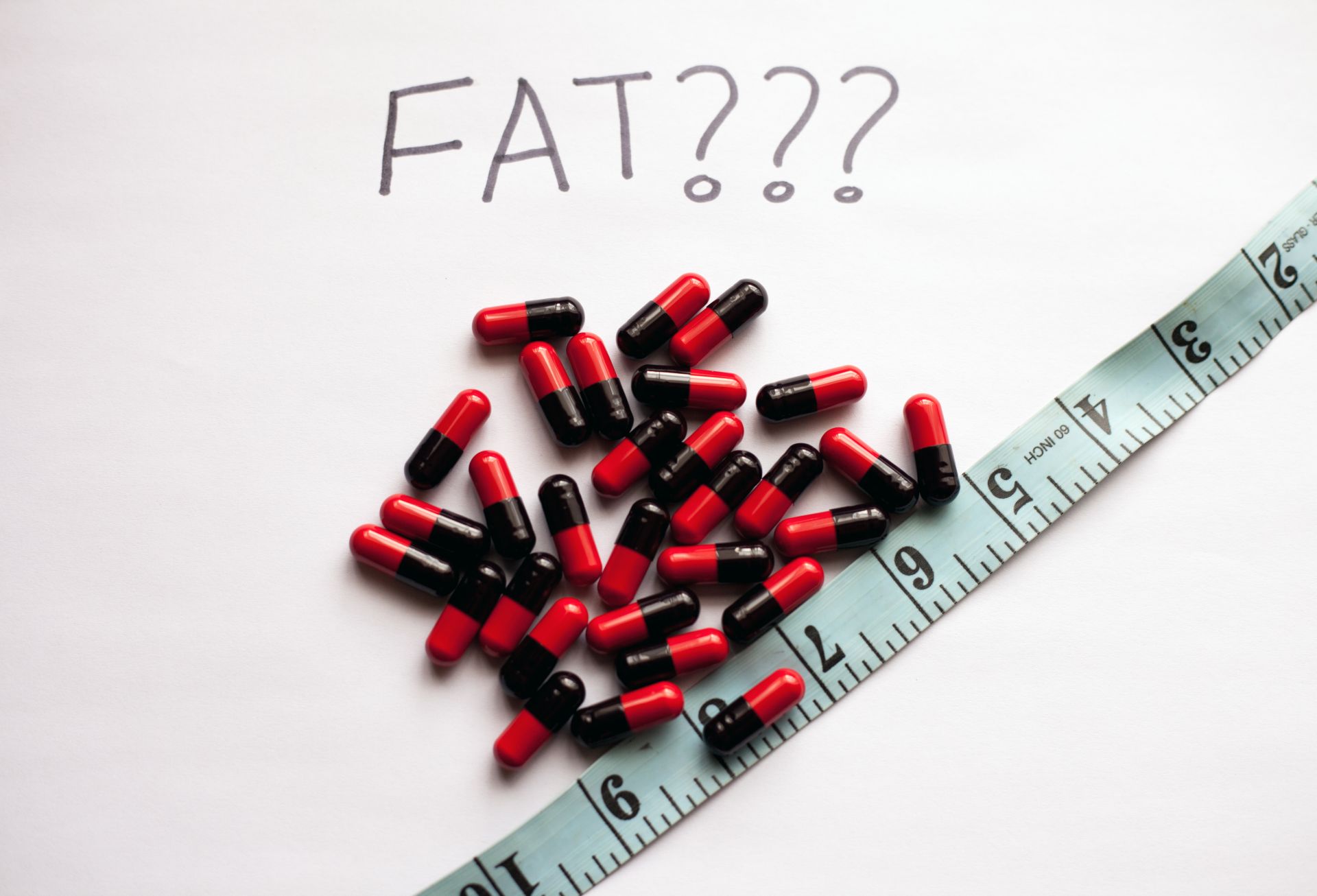
What better to brighten the mind than coffee? This aromatic drink has a sensational effect on concentration and motivation thanks to the caffeine it contains. There is a reason why millions of people regularly sip it at their desks during work almost every day. In this article, we'll discuss how caffeine affects concentration and how to use it to give you the best results.
- Caffeine for better concentration and mental clarity is one of the best possible choices
- How to supplement caffeine for best results?
- To get even more out of caffeine, combine it with L-Theanine!
Caffeine for better concentration and mental clarity is one of the best possible choices
Effective, safe in reasonable doses and almost always at your fingertips. What more could you want? Caffeine has many benefits, one of which is that it sensationally aids motivation, productivity and mental clarity. Some studies also point to its ability to improve performance in memory tests.
Scientists have conducted countless studies that have examined the effects of coffee and caffeine on cognitive function. It can be noted that caffeine is one of the most intensively studied food ingredients. Thanks to the interest of scientists, we know exactly the mechanisms of action of this remarkable substance.
Procognitive mechanisms of caffeine's action
Caffeine increases the subjective sensation of alertness, which is mainly due to the blocking of adenosine receptors. This is the main and most important mechanism of caffeine's action. Through this, caffeine indirectly affects the release of dopamine, norepinephrine and glutamate, the stimulatory neurotransmitters. Glutamate additionally is one of the most important factors in the process of memory formation. It is also significant to know that adenosine receptor blocking occurs even with small doses of caffeine, while the other mechanisms require taking slightly more.
Inhibition of PDE (phosphodiesterase)enzymes is another mechanism affecting cognitive function. Caffeine is a non-selective inhibitor of PDE, meaning it inhibits several subtypes of this enzyme. This mechanism is often described in the context of lipolysis in adipose tissue, but PDEs can also be inhibited by caffeine in neurons. Such a mechanism is even used in some nootropic drugs (such as vinpocetine).
Also significant is the mobilization of intracellular calcium movement in the central nervous system. This effect occurs at relatively high doses of caffeine and affects the modulation of the operation of certain ion channels and nerve transmission.
Long-term benefits - effects on neurodegeneration
Caffeine has been tested in numerous studies on its effects on the risk of Alzheimer's and Parkinson's diseases. In both cases, it was noted that its use not only promotes symptom control, but may also be part of prevention, as it reduces the risk of developing neurodegenerative diseases. The neuroprotective effects of caffeine are great news, especially for those who use it routinely.
The less often, the better
The energizing and pro-cognitive effects of caffeine can unfortunately be lost when it is used routinely or in excessive doses. We simply get our brains used to its effects. To feel the full potential of caffeine when used before mental activity, it is best to limit it on a daily basis.
A popular practice is to periodically do "caffeine detoxes." The word detox is used with a pinch of salt, as caffeine used in proper doses is safe, but taking a break from all sources of caffeine every now and then can do a great job of improving caffeine sensitivity. As little as 2-3 weeks of a break from caffeine produces great results. The first serving of caffeine after a break allows you to feel its full potential again. "Detoxes" from caffeine are especially recommended for people who abuse coffee and no longer feel its effects, or for people who use large doses of caffeine in pre-workouts or fat burners.
How to supplement caffeine for best results?
In dietary supplements we usually get a single serving of 200 mg. This is more than in a cup of coffee, but for many people this is the dose that will be ideal to feel a boost in productivity and better concentration. It is best taken about 20-30 minutes before planned mental activity so that it has a chance to assimilate into the bloodstream and reach the brain.
On a daily basis, doses of max 400-500 mg of caffeine are considered safe. Keep in mind, however, that the less frequently you use caffeine on a daily basis, the better you will feel about it, using it ad hoc at times when you need it most.
To get even more out of caffeine, combine it with L-Theanine!
Caffeine and L-Theanine is a classic nootropic combination that is very popular and has a great reputation. In theory, it is a mix of a stimulant and a tranquilizer, but paradoxically, instead of fighting each other, they complement each other very well, which is also confirmed by numerous clinical studies.
In practice, the combination of caffeine and theanine is described as giving energy that is easier to control. Without irritability or distraction. It is also supposed to give greater mental clarity than caffeine alone, and the ability to more easily direct thoughts to tasks at hand.
A clinical trial comparing the effectiveness of caffeine with theanine to each separately and to a placebo showed that the combination gave participants more alertness, less fatigue and improved mood. Parameters such as the accuracy of rapid processing of visual information, simple reaction time, numerical working memory reaction time, word recognition speed, and sentence verification accuracy also improved.
Sources:
 ⮜ Previous article
⮜ Previous article
Creatine - properties, action, dosage
 Next article ⮞
Next article ⮞